Battery Storage
Looking to enhance your solar and renewable solar energy systems even further? It’s time to consider battery storage from us at HCE.
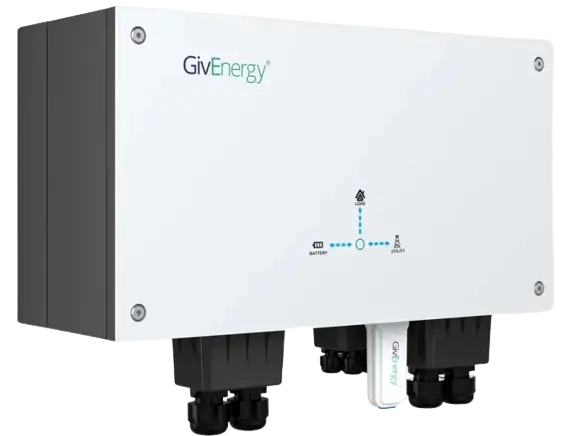
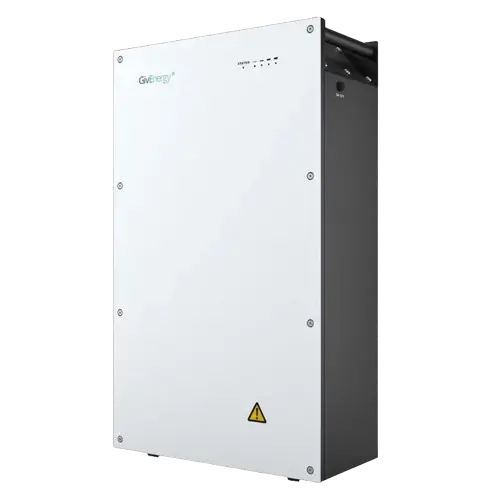
Benefits of battery storage for renewable energy usage
Renewable energy can be produced from the sun, wind power, and tidal power. At its core, it relates to using many resources that do not deplete, and constantly renew themselves.
Wind power and solar energy are the most widely used, but while these sources of power are clean and renewable, they have one main disadvantage — they are not available 100% of the time. Solar energy is only available during the day, whilst the wind does not blow continuously. Solar power is, therefore, mostly available when there is less of a need for lighting homes, so it’s vital to store the energy so that it can be used when it’s required — and that’s where battery storage comes into play.
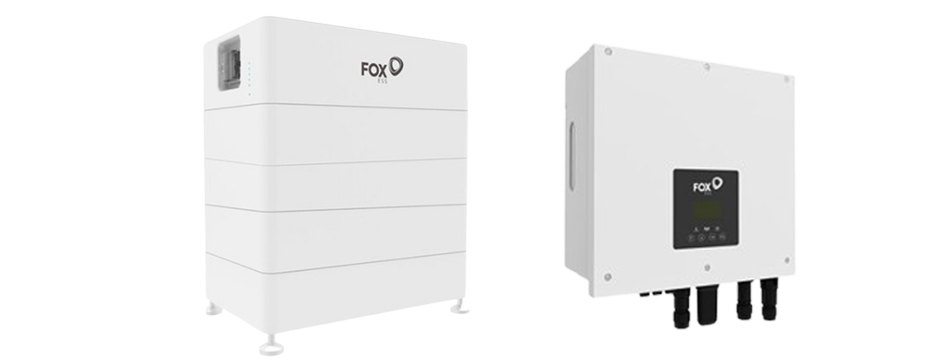
Benefits of battery storage
Fast charging is a technology designed to reduce the time it takes to recharge electronic devices such as smartphones, tablets, and electric vehicles. By delivering higher power levels to the battery, fast charging accelerates the charging process significantly compared to conventional charging methods. This is achieved through advanced charging protocols and hardware designs that optimize the flow of electricity to the battery while ensuring safety and longevity. Fast charging systems can vary in their specifications, with some capable of delivering power outputs ranging from 18 watts to over 100 watts. However, it’s essential to note that fast charging may generate more heat and could potentially impact battery lifespan if used excessively. Despite these considerations, fast charging has become increasingly popular due to its convenience, allowing users to quickly top up their devices’ battery levels, especially during moments when time is of the essence.
A Smart Energy Storage System for surplus energy from solar panels optimizes renewable energy usage. It functions by storing excess solar power generated during peak sunlight hours for later use, typically during periods of low sunlight or high energy demand. This system integrates advanced monitoring and control technologies to efficiently manage energy flow. This includes algorithms that predict energy generation and consumption patterns, allowing for optimal charging and discharging of the storage system. Additionally, it often incorporates smart grid capabilities to enable communication between the storage system, solar panels, and other energy-consuming devices, facilitating seamless energy distribution. By maximizing self-consumption and reducing reliance on the grid during peak times, Smart Energy Storage Systems contribute to energy independence, cost savings, and environmental sustainability.
Making the most of a split-rate tariff can significantly lower your energy costs. This tariff offers different rates for electricity usage during peak and off-peak hours. To maximize savings, adjust your energy consumption habits. Schedule high-energy tasks like laundry or dishwashing during off-peak hours when rates are lower. Invest in programmable appliances or timers to automate usage during these times. Additionally, consider shifting activities that require significant power consumption, such as charging devices or running appliances, to off-peak hours. Being mindful of your energy usage patterns and adapting them to align with the tariff’s pricing structure can lead to substantial savings on your utility bills while promoting more efficient energy utilization.
Fast charging
Fast charging is a technology designed to reduce the time it takes to recharge electronic devices such as smartphones, tablets, and electric vehicles. By delivering higher power levels to the battery, fast charging accelerates the charging process significantly compared to conventional charging methods. This is achieved through advanced charging protocols and hardware designs that optimize the flow of electricity to the battery while ensuring safety and longevity. Fast charging systems can vary in their specifications, with some capable of delivering power outputs ranging from 18 watts to over 100 watts. However, it’s essential to note that fast charging may generate more heat and could potentially impact battery lifespan if used excessively. Despite these considerations, fast charging has become increasingly popular due to its convenience, allowing users to quickly top up their devices’ battery levels, especially during moments when time is of the essence.
Smart Energy Storage System For surplus Energy From Solar Panels
A Smart Energy Storage System for surplus energy from solar panels optimizes renewable energy usage. It functions by storing excess solar power generated during peak sunlight hours for later use, typically during periods of low sunlight or high energy demand. This system integrates advanced monitoring and control technologies to efficiently manage energy flow. This includes algorithms that predict energy generation and consumption patterns, allowing for optimal charging and discharging of the storage system. Additionally, it often incorporates smart grid capabilities to enable communication between the storage system, solar panels, and other energy-consuming devices, facilitating seamless energy distribution. By maximizing self-consumption and reducing reliance on the grid during peak times, Smart Energy Storage Systems contribute to energy independence, cost savings, and environmental sustainability.
Make The Most Of Your Split Rate Tariff
Making the most of a split-rate tariff can significantly lower your energy costs. This tariff offers different rates for electricity usage during peak and off-peak hours. To maximize savings, adjust your energy consumption habits. Schedule high-energy tasks like laundry or dishwashing during off-peak hours when rates are lower. Invest in programmable appliances or timers to automate usage during these times. Additionally, consider shifting activities that require significant power consumption, such as charging devices or running appliances, to off-peak hours. Being mindful of your energy usage patterns and adapting them to align with the tariff’s pricing structure can lead to substantial savings on your utility bills while promoting more efficient energy utilization.
For Example: Economy 7-by Charging The Battery At Off Peak Times When The Rates Are Cheaper And Discharging During What Would Be The More Expensive Periods To Reduce Your Energy Bill By Upto 90%
ENHANCE YOUR RENEWABLE ENERGY SYSTEM EVEN FURTHER
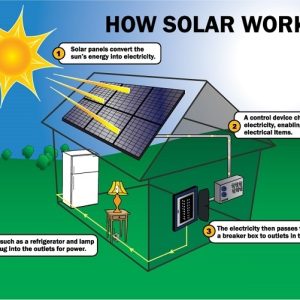
The use of batteries to store this power is a necessity, ensuring the power can be used whenever you need it. With batteries, your excess power is stored in the battery system, so on those overcast days when your solar system doesn’t produce as much power as you need,
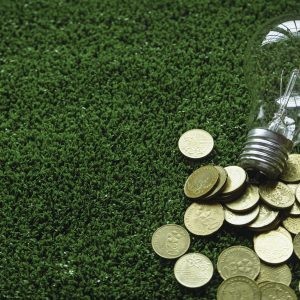
You can also save considerably on your electricity costs because of the flexibility afforded. Homes and businesses can take electricity from the grid when it is cheaper and use it during peak periods (where costs can be high), creating a blissful balance between solar and grid electricity with the lowest possible costs.

Solar battery systems enable you to build a home that’s far more resilient and less dependent on the grid. For example, if you live in a rural area where the grid is known for being unstable, you gain peace of mind with a battery storage system, knowing you are in a position to power key aspects of your home for many hours.

Installing solar batteries allows you to reduce your home’s carbon footprint and move closer to self-sufficiency. These systems are ideal for anyone who wants to reduce greenhouse gas emissions and minimise pollution. Solar energy systems create much less pollution than traditional fossil fuels, and by using battery storage systems

Location
Home Comfort Enterprises.
68a Stephens Way Deeping St James Peterborough, PE6 8EJ. United Kingdom
Reg number : 13589136
info@hceltd.uk
Phone
02045471892
About Us
At HCE we are equipped and experienced to provide you with a reliable renewable energy system. We can provide you with a suitable method to reduce your carbon footprint and combat rising energy prices. So Let’s go green!
